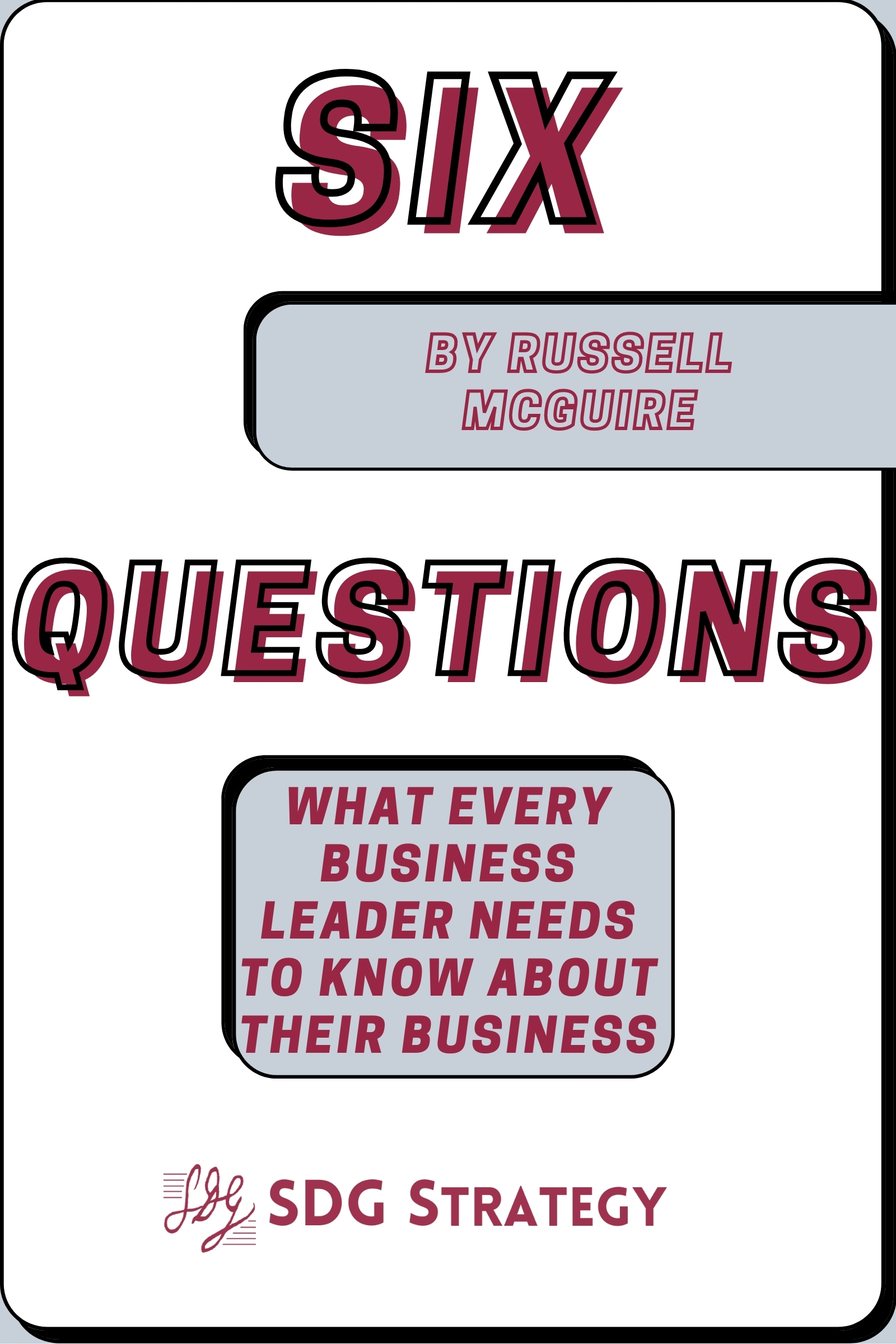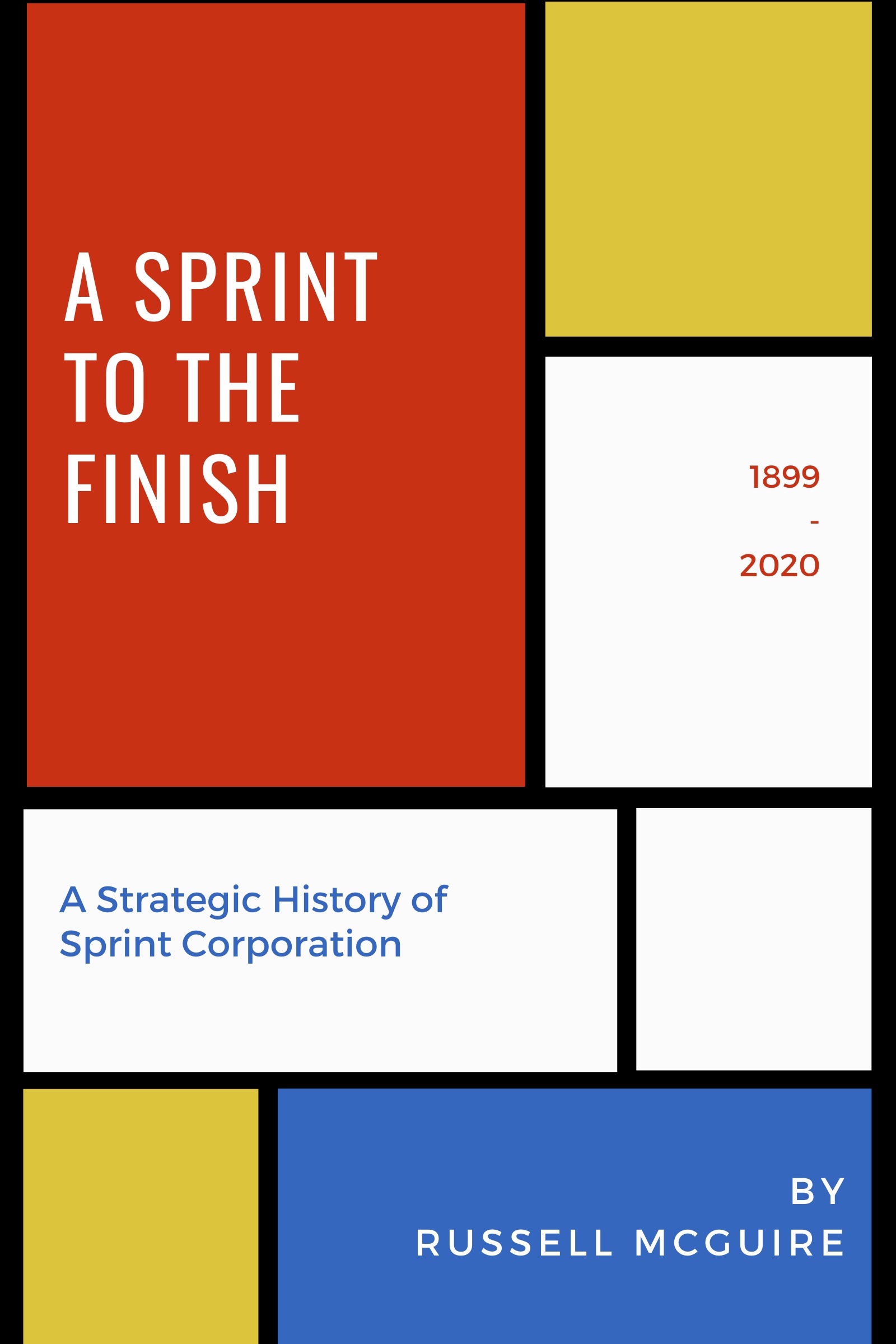“It was as if Ai Ching was seeing the world through the eyes of a child. Everything was new and bright and beautiful. She was overwhelmed by the beauty of God’s creation.”
For the June and July 2017 issues of MinistryTech magazine, I interviewed Ai Ching Goh and Andrea Zaggia. Their startup story passes through Italy, England, Malaysia, the United States, and Korea. Here’s part 1:
Ai Ching Goh was raised Buddhist in Malaysia. Andrea Zaggia was raised a non-practicing Catholic in Italy. God used technology to bring them together, helped them launch an innovative web business, and, most importantly saved them. I am blessed to share their story with you over the next two months.
A Global Scholar
Ai Ching was born and raised in Penang, Malaysia. Her culture and her family life were permeated with Buddhism and Taoism. Both religions deny that there is a personal God. She was ambitious and had the opportunity to study abroad. As a teenager, Ai Ching was an exchange student to southern Italy. While there she started to learn the Italian language, and when she returned home, she used Skype to find Italians with whom she could practice her language skills. One of the people she began conversing with was Andrea.
Andrea’s family, like many in Italy, was Roman Catholic, but faith wasn’t an important part of his life. Andrea studied computer science in high school and began studying it at university.
Meanwhile, Ai Ching had the opportunity to go to university in Bristol, England. During a school break, she visited her Skype friend in Venice, and Andrea visited his friend, Ai Ching, in Bristol. Their virtual friendship was becoming a real world romance. Ai Ching earned her degree in Experiential Psychology and tried to start her career in Europe, but the global recession was in full swing and there were no jobs to be found. She returned home to Malaysia and Andrea joined her.
Moves and Pivots
They both immediately got jobs in Kuala Lampur, Malaysia’s capital city, Ai Ching in marketing for a large corporation and Andrea working for a web development firm. But they weren’t happy in the big city. Before long they moved to Penang and started their own web design firm. They enjoyed working together, and loved the creative work. Doing digital work on the Internet was efficient and liberating, but managing demanding customer relationships seemed to take all the joy out of it. They began searching for a way to build a business where the customer relationship could be simplified as well.
In 2011 they came up with the idea for Piktochart – a simple online tool for creating infographics. These fun, graphical ways of presenting information and telling a story were becoming popular online, but there was no easy way to create them. Andrea and Ai Ching set out to change that.
That’s not all that changed.
At the end of 2011 they joined a startup accelerator in China. When they returned to Penang at the beginning of 2012, they launched the Piktochart beta and began chasing startup capital. They made many pitches of their new business to investors and in pitch competitions. They won a scholarship to a program in Silicon Valley which meant more pitching. They received funding offers, but none that they felt compelled to take.
They also got married – in two ceremonies – a Buddhist one in Malaysia and a one in Italy for family and friends who couldn’t make the trip.
Broken
As you can imagine, this was an emotionally challenging time for Andrea and Ai Ching. In fact, it was too much for Ai Ching and the day after the first ceremony, she suffered a breakdown.
Ai Ching’s housemate in Bristol, So Young, attended the wedding and was staying at her house. She watched the breakdown and prayed for Ai Ching. Ai Ching had always been very focused on financial success, and she had achieved much. But no matter how much success she enjoyed, it was not fulfilling. She had chased fulfillment down many paths, including new age and occult practices, but it continued to elude her. Now, after a simple Christian prayer, for the first time she felt peace. This peace intrigued Ai Ching.
So Young lived in Korea and Ai Ching visited her for a week. Her stated reason for going was to pursue opportunities related to Piktochart, but it was clear that God was at work. So Young attended a very large church and it was hard to schedule a meeting with the pastor, but God created an opening and Ai Ching sat with this godly man. Her first question for him was a challenge “If God is good, why does he allow bad things to happen?” Ai Ching’s friends had nicknamed her the “iron woman”, but through her own question, God broke her heart. For most of that meeting, she was in tears.
Restored
For the rest of her Korean visit, it was as if Ai Ching was seeing the world through the eyes of a child. Everything was new and bright and beautiful. She was overwhelmed by the beauty of God’s creation. The Korean pastor found a good church for Ai Ching and Andrea in Penang, and Ai Ching began reading the Bible using the YouVersion app on her phone. She had come to believe that there is only one God and that Jesus is real.
But God wasn’t yet finished with this newly married couple. As Paul wrote in Romans 10 “if you confess with your mouth that Jesus is Lord and believe in your heart that God raised him from the dead, you will be saved. For with the heart one believes and is justified, and with the mouth one confesses and is saved.”
Andrea and Ai Ching decided to attend the church in Penang once, out of respect to So Young and her pastor. The sermon was from James 1. The pastor spoke on anger and the Biblical way to deal with it. “Know this, my beloved brothers: let every person be quick to hear, slow to speak, slow to anger; for the anger of man does not produce the righteousness of God. Therefore put away all filthiness and rampant wickedness and receive with meekness the implanted word, which is able to save your souls.” Ai Ching cried uncontrollably through the entire sermon as God put a magnifying glass on the sin in her life and she had an intense desire for repentance and a clean heart.
At first Andrea thought that, since he was raised Catholic, he already was a Christian. He thought that Ai Ching’s emotional response and interest in Christianity was a passing thing, as many of her previous religious pursuits had been. But they continued to attend the church every week and, thanks to the multilingual Bible app, they began reading the Bible together. He started to learn what true saving faith looked like, and God used the dramatic change in his wife to minister to him as well.
It was less than three months between when Ai Ching first learned about Jesus and her baptism into the faith.
This month I have focused on how God used technology and even their nascent business to minister to this young couple’s deep need for the Savior. Next month, I will share with you how God is using them and their business to minister to others.
In this article series, we’ve defined a Christian entrepreneur as: a person, driven to glorify God in all he or she does, and ruled by the Word of God, who starts a new venture and is willing to risk a loss in order to achieve the success of the venture. Each month I’ve been introducing you to specific Christian startups and entrepreneurs, some of which may be helpful to your church, ministry, business, or family, but my main intent is to encourage and inspire you to be entrepreneurial in your ministry and career. Are there Christian startups I should know about? Contact me at russ.mcguire@gmail.com





